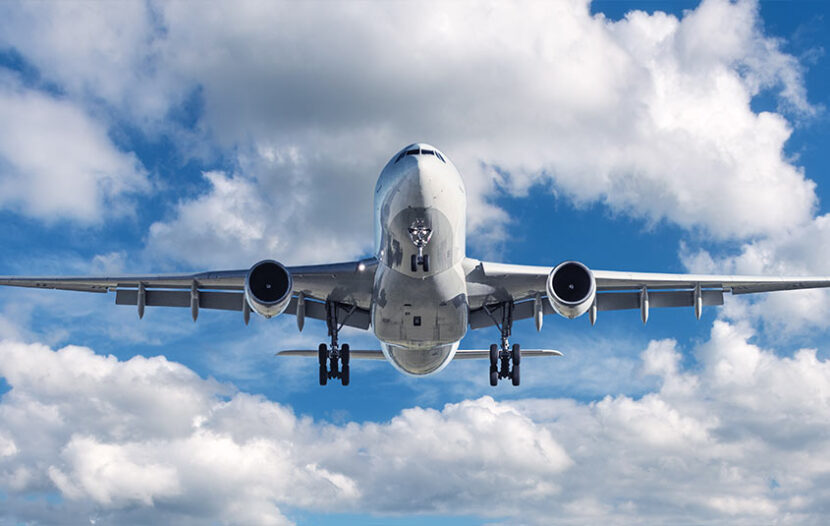TORONTO — Transport Minister Omar Alghabra says the federal government is working on further changes for regulations protecting airline passengers.
The Liberal government introduced the Airline Passenger Protection Regulations (APPR) in 2017. Just a few months ago, in September 2022, the regulations were updated to require airlines to provide passengers with either a refund or rebooking, at the passenger’s choice, when there is a flight cancellation, or a lengthy delay, due to a situation outside the airline’s control that prevents it from ensuring that passengers complete their itinerary within a reasonable time.
Even with that recent update, however, there are gaps and inconsistencies in the system. The CTA is currently dealing with a backlog of more than 33,000 complaints.
The inconsistencies became especially apparent this year, as demand for travel soared after the pandemic’s restrictions. Airlines made adjustments to their schedules often with little to no notice. The situation was made worse by the labour shortage. One major point of discrepancy involves airlines refusing passenger refund claims in cases of crew constraints, which the airlines say is safety issue and therefore ineligible for refunds.
Both Air Canada and WestJet have filed motions with the Federal Court of Appeal to fight CTA directives to pay out refunds in situations where flights were cancelled due to crew constraints.
At the August 2022 summit into Canada’s summer travel airport chaos, Minister of Transport Omar Alghabra said he didn’t want to pre-judge individual claims now in the hands of the CTA. “But I don’t feel that labour issues can be used” to reject compensation claims, he said.
He reiterated those words at the Jan. 12, 2023 emergency meeting of the federal government’s Transport Committee, where Air Canada, Sunwing and WestJet were grilled for hours on the chaos faced by holiday season air travellers, made worse by winter storms.
During that Jan. 12 meeting, Minister Alghabra said the federal government is looking at making sure more of the burden for air travel service failures falls on the airlines, not the passengers. “The burden has always been on the airlines. We want to make it more so,” he said.
“MARK MY WORDS”
This week, when asked about the APPR by reporters at a cabinet retreat in Hamilton, ON, Minister Alghabra said he’s heard the frustrations of Canadians on the issue of air travel, and that new tools will be introduced soon. “We are taking action. Mark my words.”
The Canadian government has been accused of not standing up to the airlines. Minister Alghabra said Canada’s updated regulations will be stronger than the U.S. government’s regulations for U.S. airlines. Many see the EU’s airline regulations as the gold standard.
A recent Angus Reid poll suggests that Canadians are unconvinced that fining airlines for failed service will help improve future outcomes.
The Angus Reid poll found that Canadians as likely to blame the weather (70%) as the airlines and rail companies (68%) for the holiday travel chaos. One in three (33%) blame the federal government. A similar number (30%) blame the travellers for putting themselves in the situation.
The data also indicate strong desire from Canadians for more government regulation to protect consumers from cancellations (78% say this), but a mixed belief that the regulation already in place will have much effect. Two-in-five (44%) want the CTA to levy fines against the airlines who failed to uphold customer rights even if it means the companies raise airfares to cover them.


